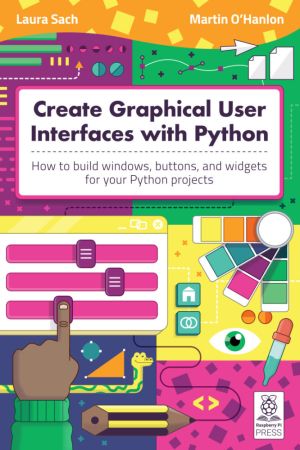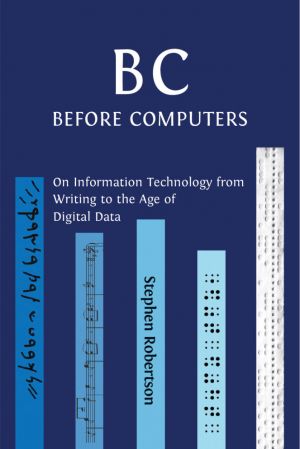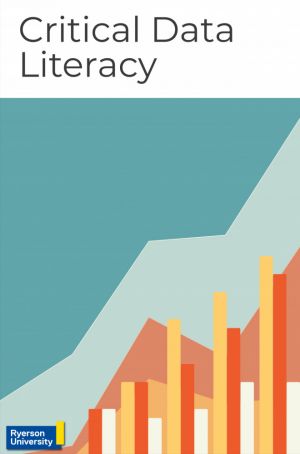
Add buttons, boxes, pictures and colours and more to your Python programs using the guizero library, which is quick, accessible, and understandable for all.
This 156-page book is suitable for everyone, from beginners to experienced Python programmers who want to explore graphical user interfaces (GUIs).
There are ten fun projects for you to c...

From paintings and food to illness and icebergs, science is happening everywhere. Rather than follow the path of a syllabus or textbook, Andrew Morris takes examples from the science we see every day and uses them as entry points to explain a number of fundamental scientific concepts - from understanding colour to the nature of hormones - in ways t...

The idea that the digital age has revolutionized our day-to-day experience of the world is nothing new, and has been amply recognized by cultural historians. In contrast, Stephen Robertson's BC: Before Computers is a work which questions the idea that the mid-twentieth century saw a single moment of rupture. It is about all the things that we ...

A short course for students to increase their proficiency in analyzing and interpreting data visualizations. By completing this short course students will be able to explain the importance of data literacy, identify data visualization issues in order to improve their own skills in data story-telling. The intended outcome of this course is to help s...

This book is an introduction to the language of systems biology, which is spoken among many disciplines, from biology to engineering. Authors Thomas Sauter and Marco Albrecht draw on a multidisciplinary background and evidence-based learning to facilitate the understanding of biochemical networks, metabolic modeling and system dynamics.
Their pe...
